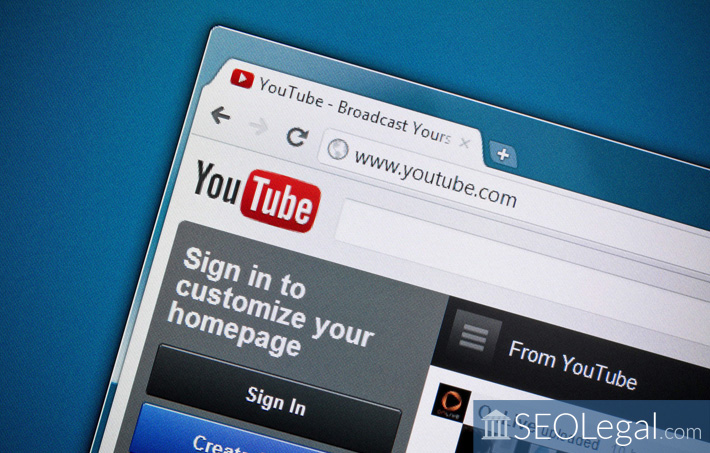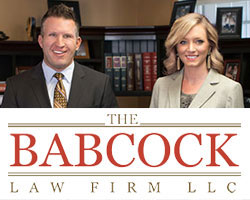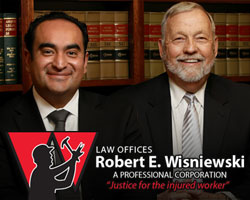
As a lawyer, you have a lot on your plate and making videos might seem like one thing too many. However, don’t dismiss the idea that quickly. Legal marketing on YouTube doesn’t have to be painful and can be a vital part of your SEO strategy.
The components of SEO all interlock together and what you do on YouTube will have positive ripple effects. YouTube is owned by Google. Given that, it’s not a surprise that Google will give “extra credit,” so to speak, to websites that have a YouTube link, or are linked back to on the video platform.
What that means is that making videos, posting them to YouTube and posting a link to your channel on your website will also benefit how the rest of your content ranks in the organic search results.
That’s before you factor in the direct benefits you’ll get from your legal marketing efforts on YouTube. Benefits include increased visibility and potential clients are able to identify with you as an actual human being that they’ve seen and heard you. Getting those benefits requires a good product though, which starts with good production quality.
The good news is that making videos doesn’t have to be expensive. A cell phone can actually produce a video of sufficient quality, so you don’t need to add camera equipment to your list of expenses.
You do need to take some time and make sure the environment around you is conducive to good video quality. For example, review the lighting. You don’t want to be in a darkened area, or even an area that is only moderately lighted. Again, you don’t need to buy extra equipment, but turning on lights all around you will likely create a better video product.
One piece of equipment that is a good idea to pick up is a microphone. This will help moderate the sound and create a more pleasant listening experience for your viewers.
Once your video is produced and you’ve got it up on YouTube, it needs to be shared. Push it out on all your social media channels—from Facebook to Twitter to LinkedIn. Create a page on your website where you can showcase all your video content. If you have a blog, post the video there.
You can usually place your video on other streaming platforms. Watch for any licensing boxes you tick on either YouTube or elsewhere. Some of them have options for exclusive use to that particular platform. If you want to do that, it’s fine (it can often come with a larger revenue share based on the ads the platform runs). Be wary: no one wants to run afoul of a licensing agreement and it would be particularly embarrassing for a law firm.
As you get into the swing of making your videos, you’ll probably find that it’s fun. Good videos can be as short as 2 minutes and really don’t need to be longer than 10 minutes. Just relax and talk about the profession you know best.





